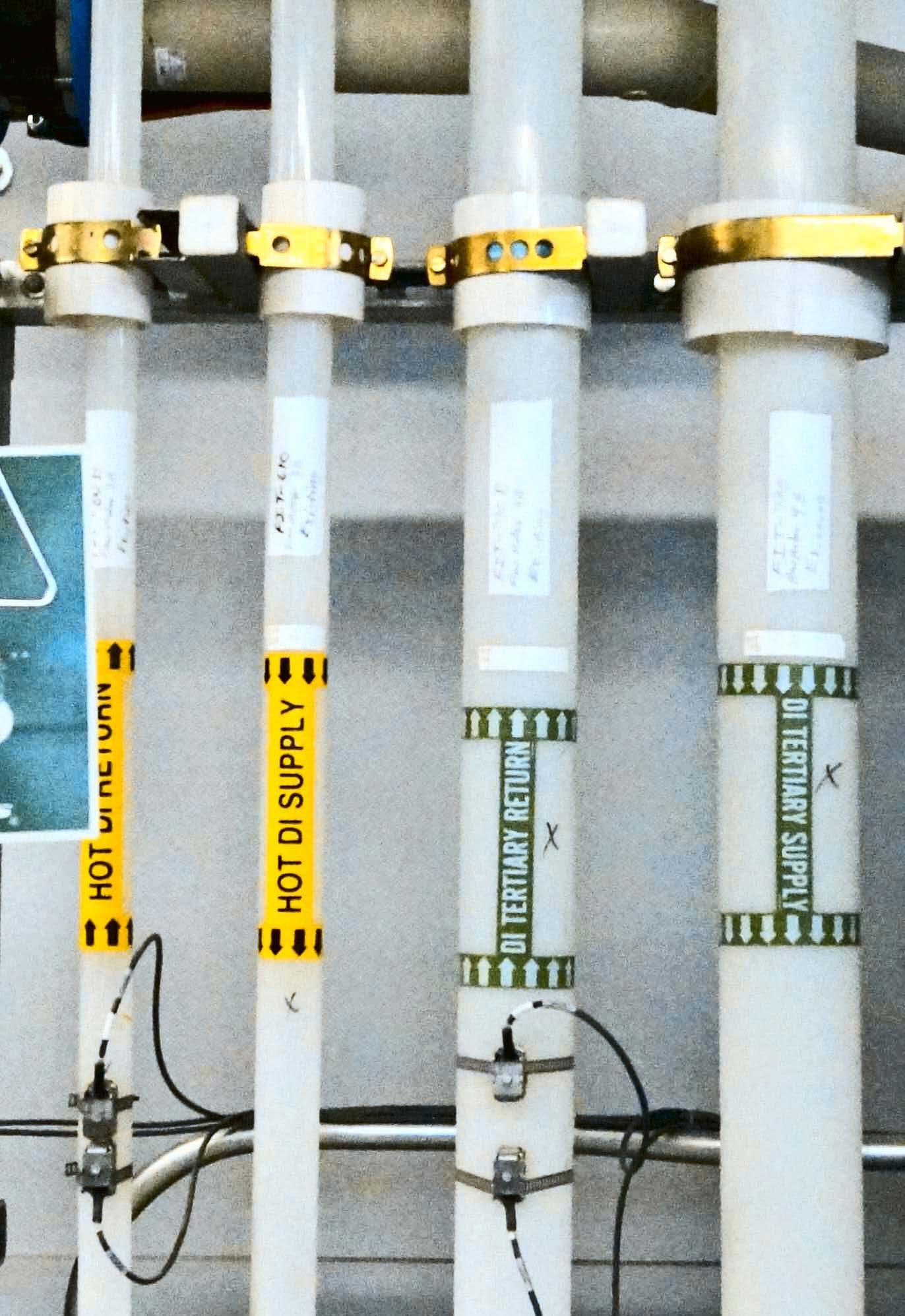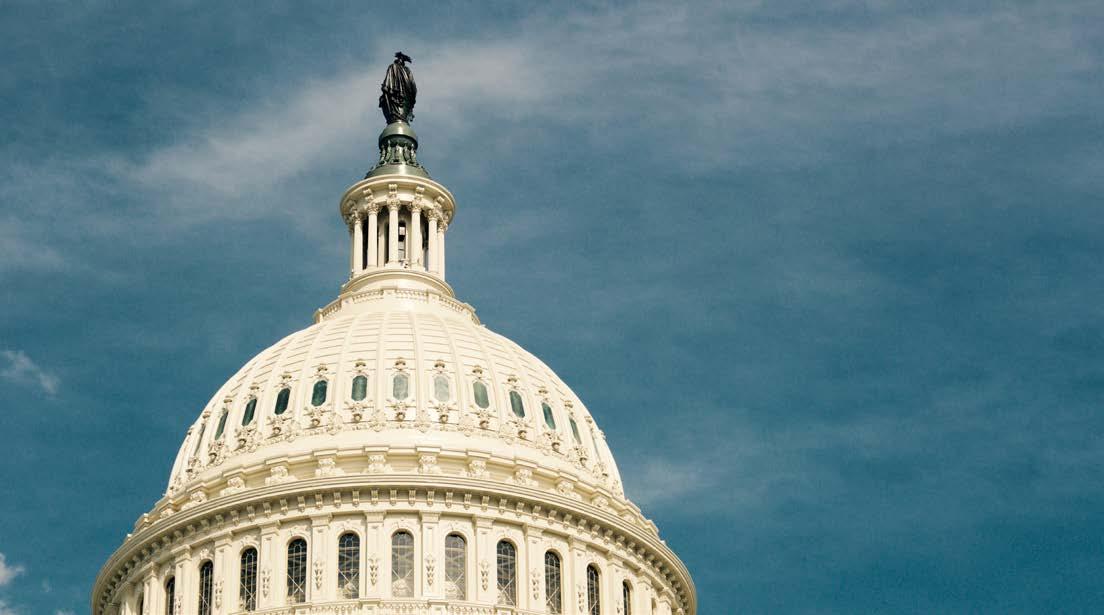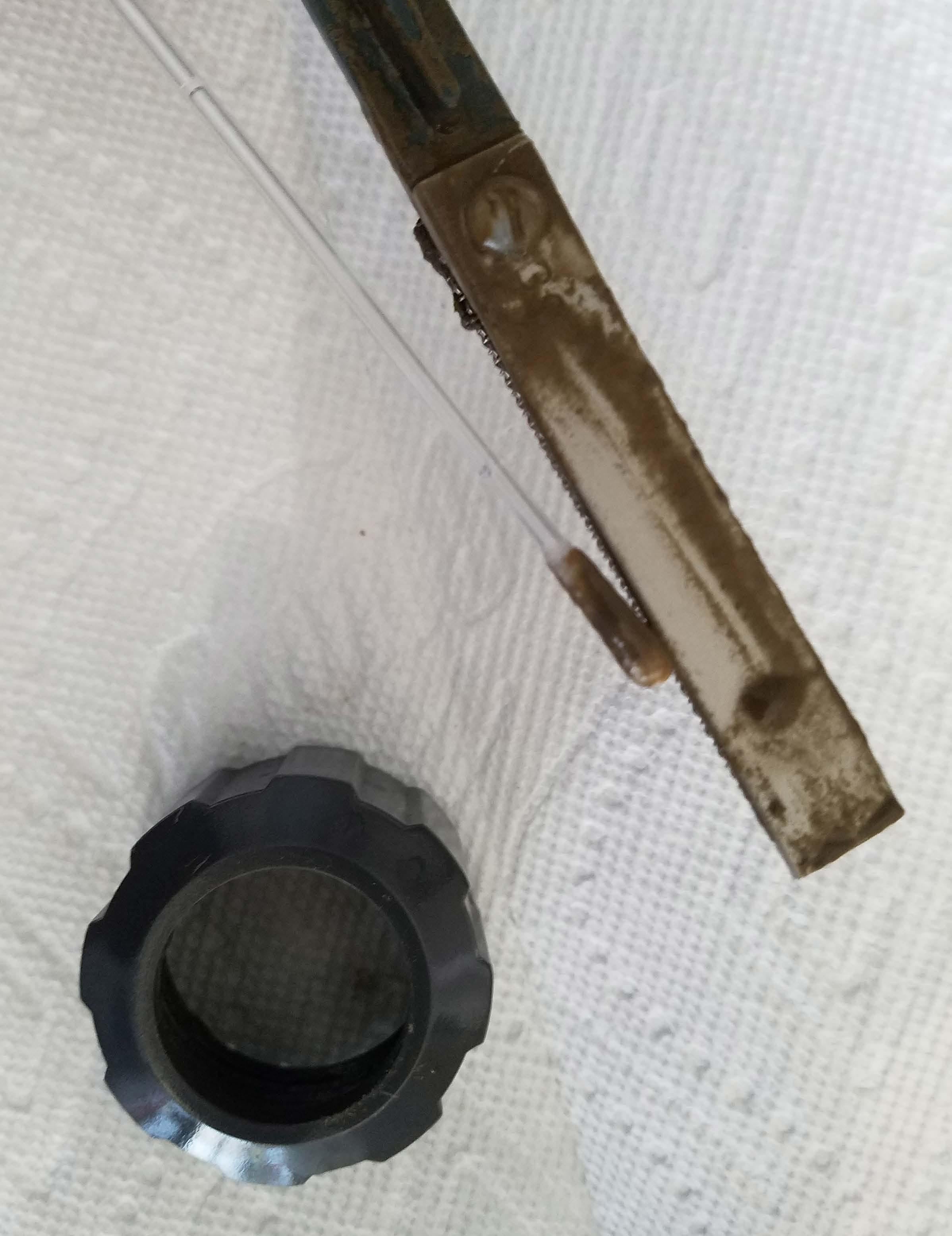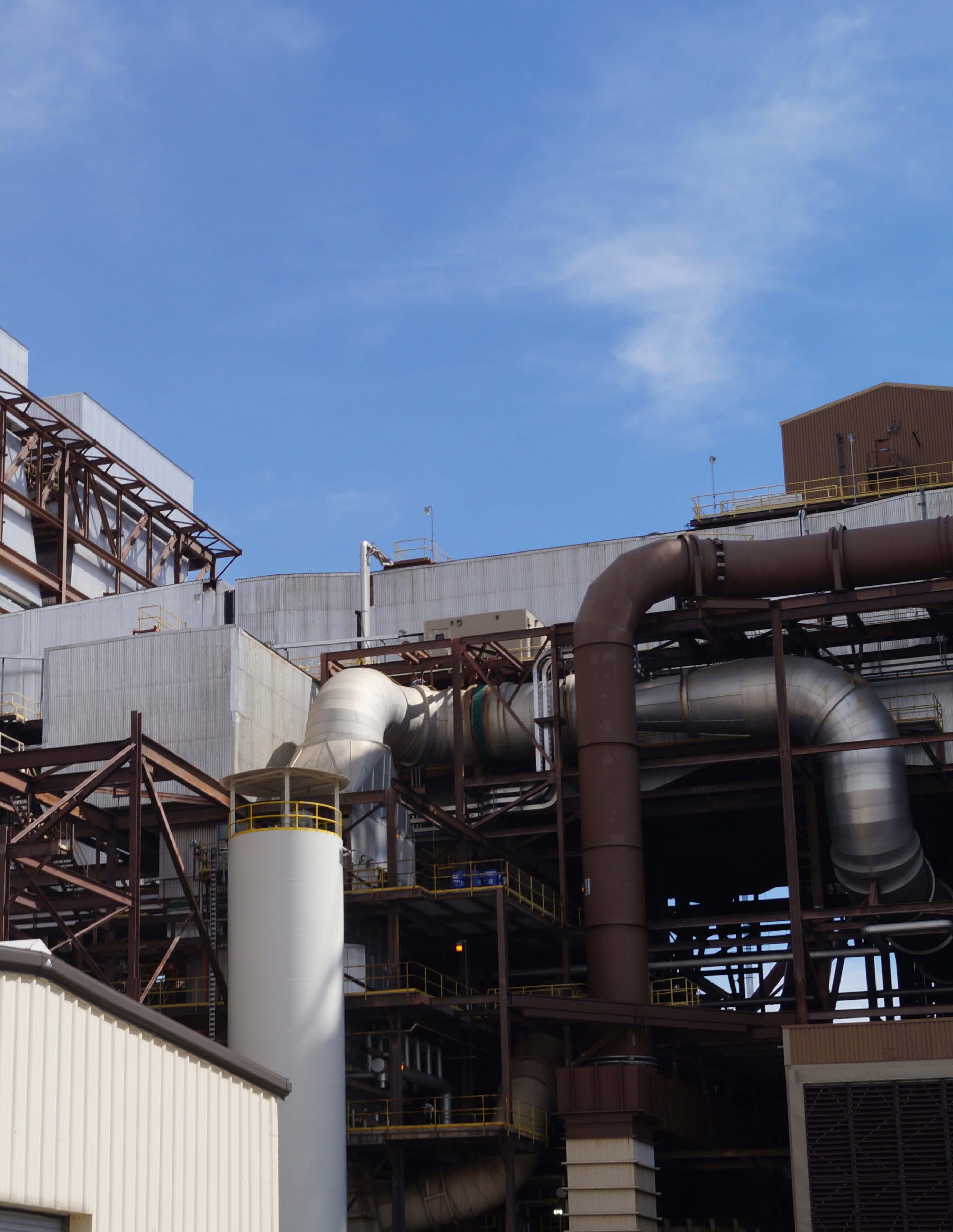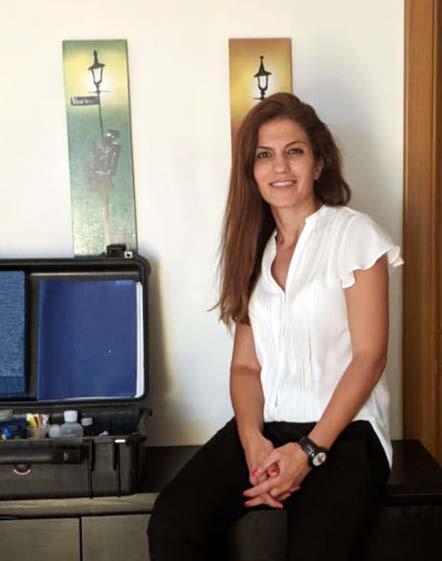
3 minute read
Advertising Index
hypotheses on. They need to explain what is being done and why, and how a decision was made, so that if errors are identified, trust can still be maintained in the process.
4.STRENGTHEN TRANSPARENCY, INCLUSION, AND ACCOUNTABILITY: People around the world have been asked to make major behavioral changes, and this brings significant costs for society, businesses, and governments. Because the stakes are so high, there is a need to examine how early decisions were made, bearing in mind the information available at the time. Ongoing real-time assessment of the response is needed to maximize learning. Such assessments should include all relevant stakeholders—from professionals to affected populations.
The best adaptive leaders—from business leaders to policymakers to community organizers—recognize mistakes are likely to be made and actively use the information to identify shared learning opportunities. The European Centre for Disease Control and Prevention has advocated the use of after-action reviews and similar processes to assess how public health decisions were taken at different points and on what basis.
Given the fact that the pandemic response is increasingly being viewed as a marathon and not a sprint, it is vital to assess what has happened so far, to identify strategic priorities and to exchange lessons learned. This means leaders need to commit to sharing their thinking and soliciting feedback at every stage in the spirit of openness, candor and transparency.
5.MOBILIZE COLLECTIVE ACTION: The COVID-19 crisis is not just a public health crisis; it’s also an economic, social, and political crisis. It is a “complex systems” problem that requires changes in behaviors, incentives, and relationships between different groups and organizations. Effective responses therefore need to build on collaboration across different sectors, industries, and professionals and between international, national, and local levels. Adaptive leadership has a crucial role to play in helping to identify shared alignment of objectives and scope for collective action across different silos and levels of the response. In the U.K., shared awareness of the existing health care capacity underpinned a landmark deal to commission rapidly all private-sector hospitals for use by the National Health Service, leading to an accelerated scaling up of available beds and equipment.
Civil society and citizen groups have also played a central role in mobilizing inclusive approaches to the pandemic, especially in resource-constrained settings. Local responses have emerged in the form of community-led support for the most vulnerable in Bhopal, India; the repurposing of manufacturing capability to enable locally produced personal protective equipment across the United States; and the strengthening of “social economy” approaches to rebuild disrupted economies from the bottom up in Canada and numerous European countries.
What we do in this crisis response will have repercussions for years and decades to come. The five principles of adaptive leadership are not just vital to guide our immediate responses; they will also be crucial as we shape longer term recovery and resilience plans. Our collective future may be uncertain, but uncertainty is at the very heart of human creativity.
Ben Ramalingam is a senior research associate at the Overseas Development Institute. David Nabarro is the special envoy of the World Health Organization’s director general on COVID-19 and co-director of the Imperial College Institute of Global Health Innovation at Imperial College London. Arkebe Oqubuy is senior minister and special adviser to the prime minister of Ethiopia. Dame Ruth Carnall is managing partner of Carnall Farrar, a trustee of the Kings Fund and the former chief executive officer of the National Health Service London. Leni Wild is a senior research associates at the Overseas Development Institute. © 2020 Harvard Business School Publishing Corp.
51 55 15 63 54 65 2 65 70 46 American Water Chemicals, Inc. AMSA, Inc. Brenntag North America Browne Laboratories, Inc. Bulk Systems, Inc. Chem-Met Company Environmental Safety Technologies, Inc. IDEXX Innovative Waters, LLC Myron L. Company 56 7 31 13 75 45 92 63 91 North Metal & Chemical Company QualiChem, Inc. Sanipur US LLC Scaling UP! H2O Podcast Seko Dosing Systems Corp. Sigura Special Pathogens Laboratory Uniphos, Inc. Walchem, IWAKI America Inc.

